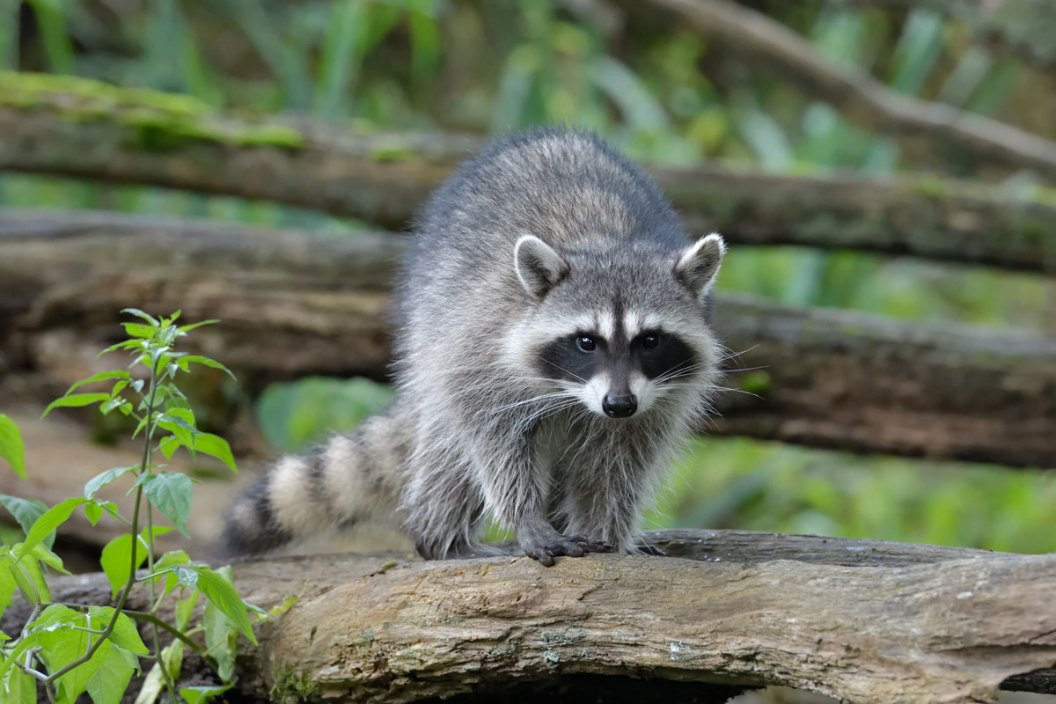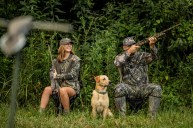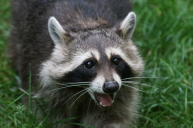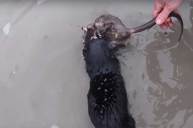Here are the basics you need to know about chasing these trash pandas.
Raccoons—procyon lotor—can be troublesome not only due to predation of wild turkeys and domestic chickens, but also because they create damage and spread disease from rummaging through garbage cans in cities to destroying crops in rural areas.
So, perhaps the simplest remedy for an excess of raccoons is to hunt them.
Fortunately for you, we can show you where to start.
Where to Hunt Raccoons
You can find raccoon populations all throughout North America, but mostly in the Lower 48. Because they prefer areas with strong food sources, raccoons are drawn to forested areas with hardwoods and water sources. They find shelter in hollow trees and have an omnivorous diet primarily of crayfish, berries, nuts, eggs and insects.
Because of their invasive nature, many states offer generous bag limits and extended raccoon hunting seasons and trapping seasons, oftentimes in conjunction with other small-game hunting seasons. In addition to a hunting license, you may need to purchase a furbearer license when hunting raccoons. Check with your state's department of natural resources for updated hunting and trapping regulations.
Raccoon Hunting Tactics
If your state allows it, some of the best raccoon hunting occurs during their mating season in January and February when they're roaming around more during daylight. Squaller calls and bait sites can help draw in curious raccoons, and many hunters enjoy using hunting dogs for treeing raccoons. If you've got night vision optics or a hunting light, night hunting for raccoons can also be successful.
Most hunters opt for a rimfire rifle when hunting raccoons, but a shotgun can also get the job done. Again, regulations for everything from attractants to dogs to firearms vary by state, so be sure you're complying with local laws first.
Whether you're out to collect some pelts, eliminate pests, or just have a fun time hunting, add raccoons to your list of must-hunt animals.
Products featured on Wide Open Spaces are independently selected by our editors. However, when you buy something through our links, we may earn a commission.
NEXT: RACCOON SCAT: HOW TO IDENTIFY IT AND WHY IT CAN BE DANGEROUS





